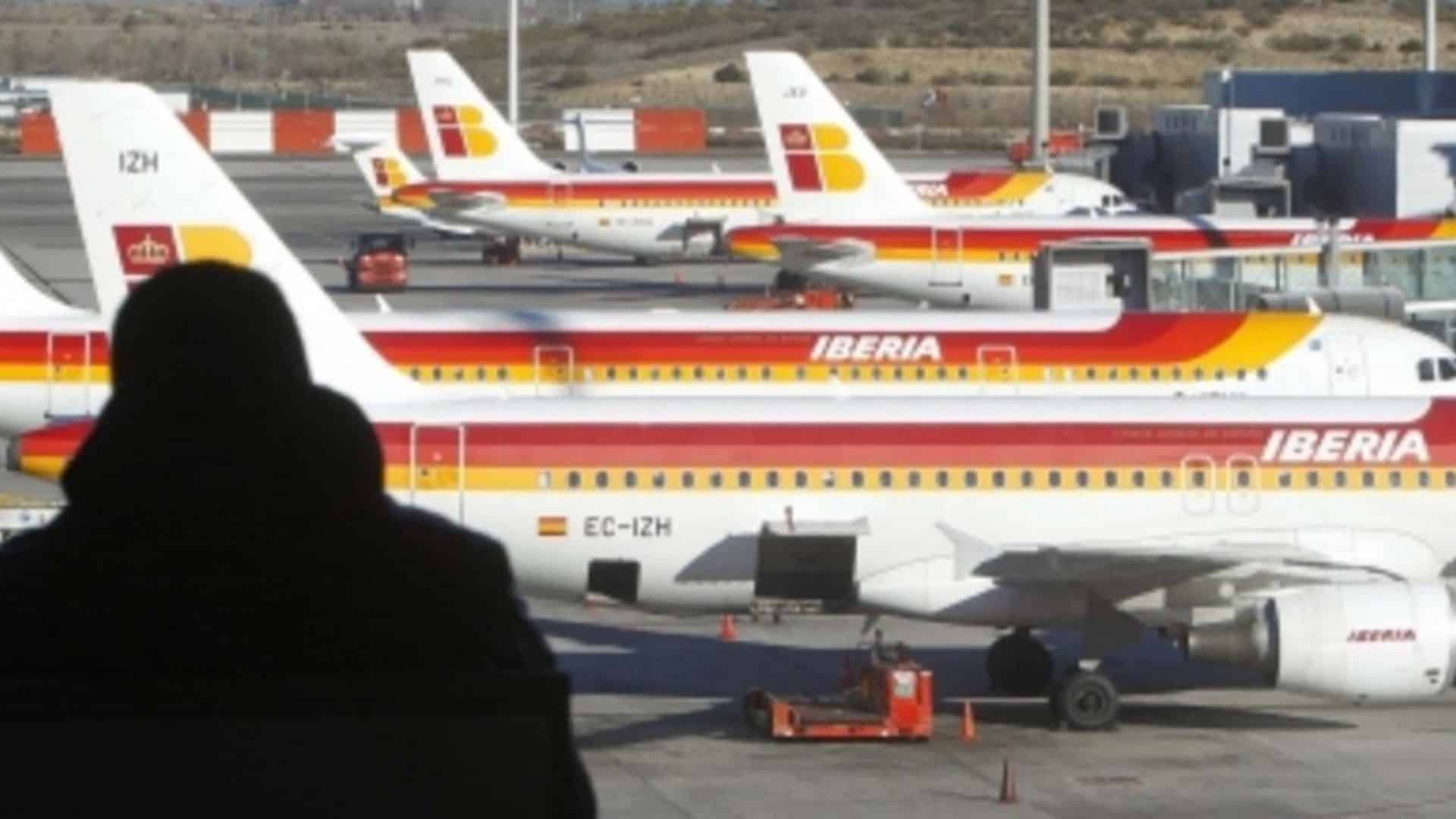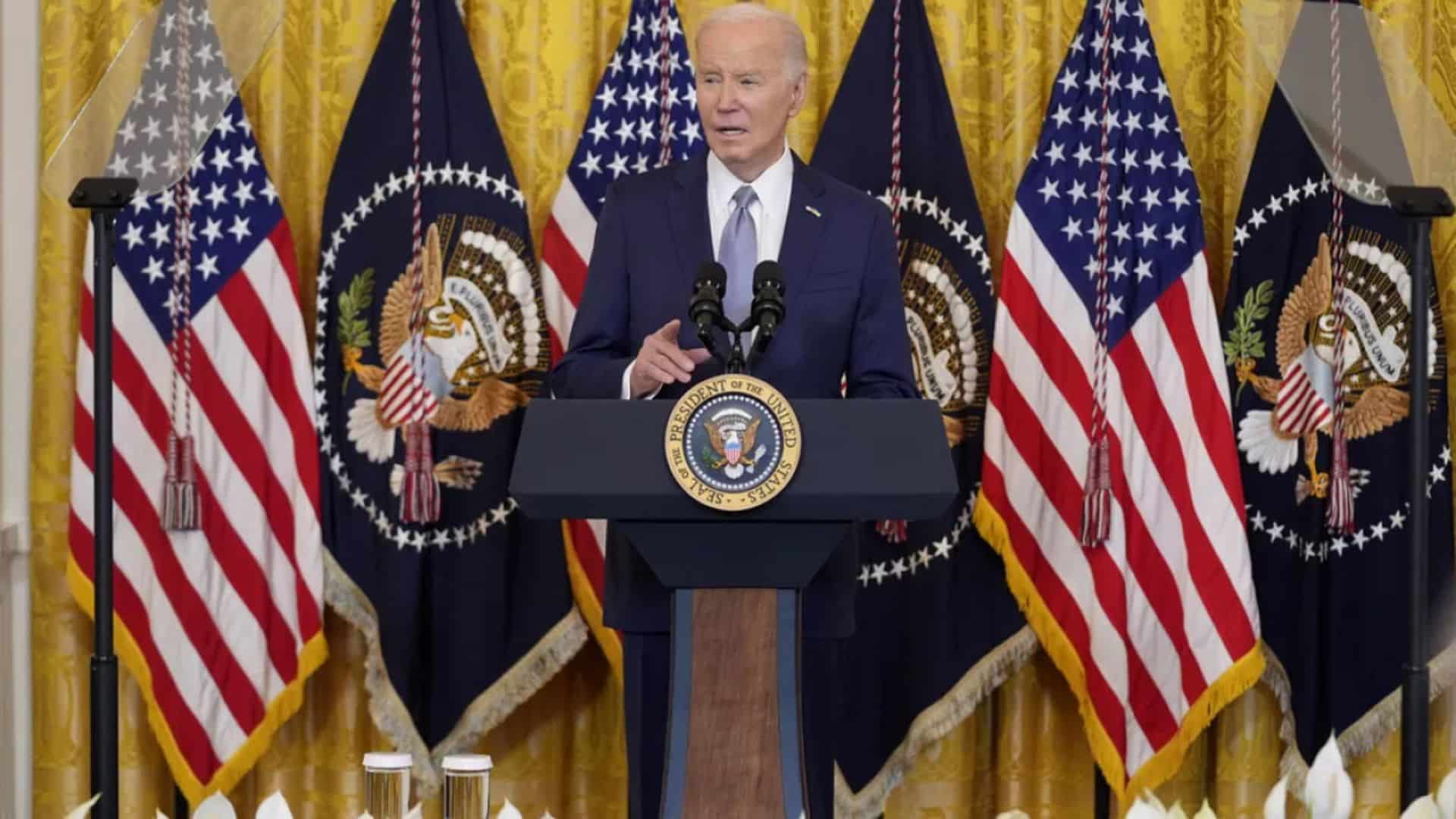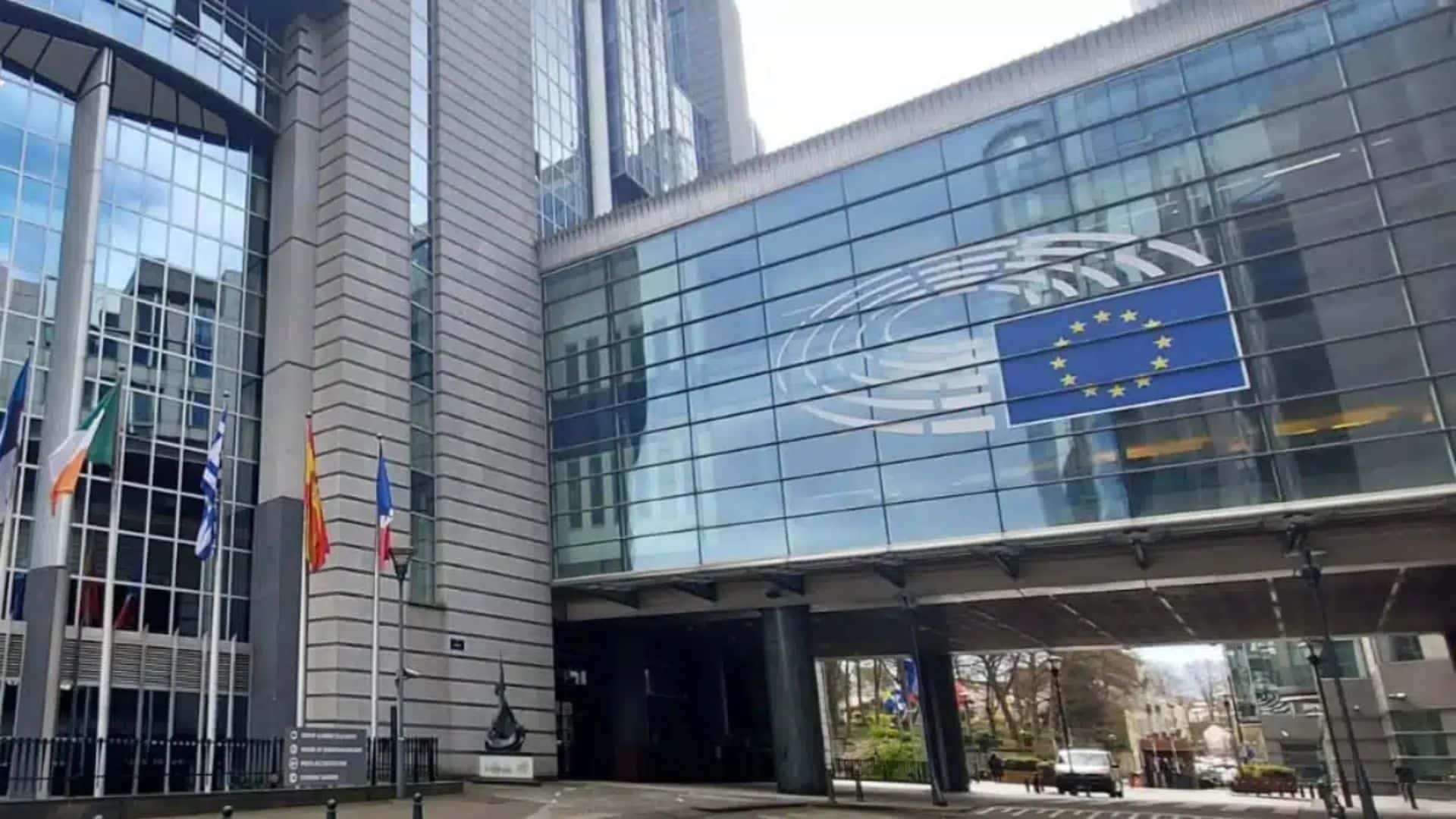
Iberia’s handling strike for Epiphany continues after last meeting fails
Thursday’s meeting between the Iberia group and the CCOO and UGT unions, the organisers of the handling strike (ground handling service), which starts tomorrow, 5 January, and will last until 8 January, has ended without agreement, which means that the stoppages will continue, forcing the cancellation of 444 flights.
Company sources have confirmed to EFE that there has been no agreement in the new meeting to try to bring positions closer and to call off the strike, which has forced 444 flights to be cancelled, affecting more than 45,600 passengers, of which 92% of the Iberia group (Iberia, Iberia Express and Air Nostrum) has already given them a solution, either by relocating them to other flights, dates or times, or by reimbursing their tickets.
The strike was called by the CCOO and UGT unions, and has been joined by USO, after Iberia lost the handling service at several of the main Spanish airports in the tender awarded by the airport manager Aena in September, and the negotiations to carry out ‘autohandling’ at these airports ended without agreement, consisting of Iberia providing this service to itself at the airports where it has lost the handling service.
Nor this Thursday has it been possible to reach a consensus to call off the strike at the meeting of the Iberia group with CCOO and UGT, which has lasted almost four hours, as happened in yesterday’s meeting, Wednesday.
The conflict is a result of Iberia’s loss of several awards in Aena’s handling tender.
Iberia lost in September in the tender called by the airport manager, Aena, the provision of the handling service in eight of the nine most important airports in the country.
From there, a conflict began over the subrogation of Iberia workers’ contracts to the companies that will now provide the service.
The Iberia group considers this conflict unjustified, since the jobs and social benefits of the affected workers will be guaranteed by the subrogation, as well as the salary according to the salary they had in the last 12 months, the annual working day and holiday days they also had in the last year, the seniority and the same type of employment contract.
These workers are also guaranteed the wage revision established in the operator’s or sector’s agreements, acquired rights on the use of airline tickets and pension plans, according to Iberia.
However, the unions are demanding, instead of subrogating the workers to other companies, that Iberia should ‘autohandle’ and provide itself with ground handling services at airports where it has not been able to provide the service, something that the company does not see as viable due to the competitive differential it would imply.
The strike affects numerous companies
The handling strike not only affects Iberia airlines, but also the more than 90 airlines that its company Iberia Airport Services serves, which have been forced to cancel and modify flights, according to the group.
Iberia has worked to relocate the 45,600 passengers on the flights cancelled due to the strike, which, even if an agreement had been reached in the last few days, could not have been rescheduled due to the technical difficulties inherent to air operations.
According to Iberia’s latest figures, 92 % of the passengers affected have been given a solution, either by relocating them to other flights or reimbursing them for their tickets, despite the complexity involved in finding room for them on other flights at this time of year, when Christmas is just over and flights have a high occupancy rate.
After Thursday’s meeting ended without an agreement, tomorrow the handling strike will begin, called for the 5th, 6th, 7th and 8th of January, coinciding with the return of the holidays.
This Friday the strike begins and, coinciding with the start of the strike, the USO union will hold rallies at Terminal 4 of Madrid-Barajas Airport on 5 and 6 January.












